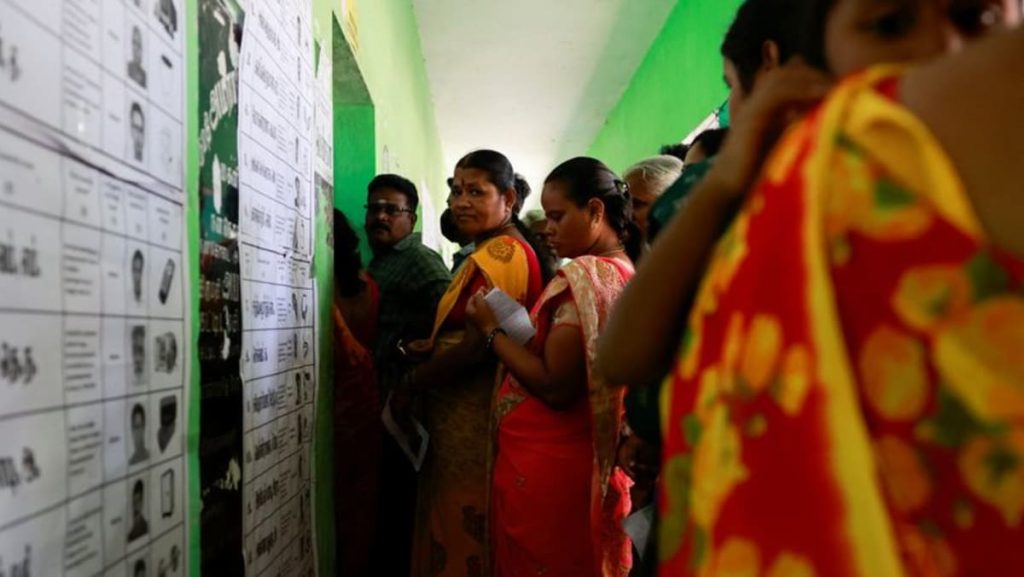In the battle for the South of India, ideologies clash between regional parties advocating for Dravidian nationalism and the BJP pushing for Hindu nationalism. While the BJP focuses on Hinduism and Hindi as unifying factors, the Dravidian parties aim to protect the unique culture, languages, and interests of South India. Accusations have been made against both the Congress and the BJP for allegedly trying to impose Hindi on the region, sparking further debates on the issue.
A tweet by India’s Home Affairs Minister Amit Shah in 2019 emphasized the importance of having one language for national identity, with Hindi being favored for recognition globally. However, some local leaders, like Mr Annamalai, reject this idea and argue that Prime Minister Modi is actually an inclusive leader, contrary to the perception of pushing for a common language. The upcoming elections are seen as a way to address the perceived north-south divide and possibly unify the country under a pan-Indian leadership.
In Kerala, where the BJP has struggled to win seats, Congress leader Rahul Gandhi and his party are also vocal about resisting the imposition of a singular history, nation, and language by the BJP. Mr. Gandhi and his colleague Dr. Tharoor see India as a country of diverse cultures coming together, while they criticize BJP’s ideology of Hindi, Hindutva, and Hindustan. The upcoming elections in Kerala will see a tough competition between these opposing ideologies, with leaders from both sides making strong statements about the direction they want to take the country in.
The BJP’s decision to field Union Minister Rajeev Chandrasekhar in Trivandrum against Dr. Tharoor indicates a strong push by the party to make inroads in the South, despite historically low success in the region. Mr. Chandrasekhar emphasizes Modi’s role in promoting economic development and opportunities for all Indians, challenging the narrative that the South has been neglected in terms of progress. Observers note that the BJP’s efforts to win seats in Kerala reflect their broader strategy of expanding support beyond their traditional strongholds in the North.
Overall, the clash of ideologies in the South of India reflects deep-rooted differences in beliefs about national identity, culture, and language. The regional parties advocating for Dravidian nationalism stand against the BJP’s push for a more Hindu-centric ideology, with leaders from both sides engaging in heated debates over these fundamental principles. The upcoming elections will not only decide the political landscape in the South but also have broader implications for how India defines itself as a nation and how its diverse regions come together under a common identity.


